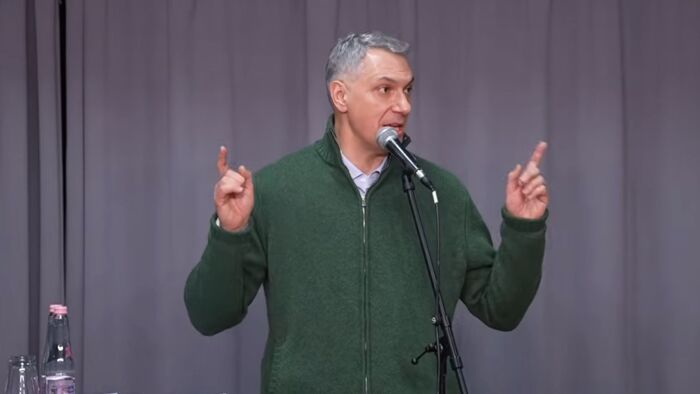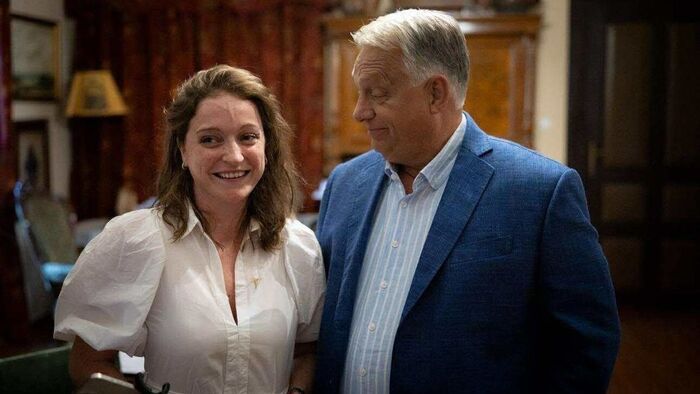Connectivity is a good breakout point for Hungary, said Balazs Orban, the Hungarian prime minister's political director, at the launch of his book Hussar Cut: The Hungarian Strategy for Connectivity at the Ludovika University of Public Service (NKE).
The work focuses on the premise that "the 21st century will see the emergence of a new, more balanced world order". In the author's view,
the West, losing its dominance, gives bad responses to the new challenges: it is closing in, and opts for decoupling instead of connectivity.
After the collapse of the Soviet Union, the Western world and the United States consolidated their own political agenda and promoted it to other countries that were not part of the Western world. A unipolar world order emerged, and for several decades after 1990, neoliberalism became the model and organizing principle of globalization. When the policies of the Western world failed to come up to expectations, the West decided on a strategy of bloc formation, Balazs Orban explained.
In my view, the Western world has now lost its comparative advantages in the field of economy and technology. In terms of demography and raw materials, it is clearly losing out to the non-Western part of the world,
he continued.
We have left behind a period where the political and social system posed the real constraints to growth, Balazs Orban emphasized. Our economic cycles have diverged significantly from Europe's strongest economies, and in terms of economic output, the gap with Western Europe was steadily widening.























Szóljon hozzá!
Jelenleg csak a hozzászólások egy kis részét látja. Hozzászóláshoz és a további kommentek megtekintéséhez lépjen be, vagy regisztráljon!